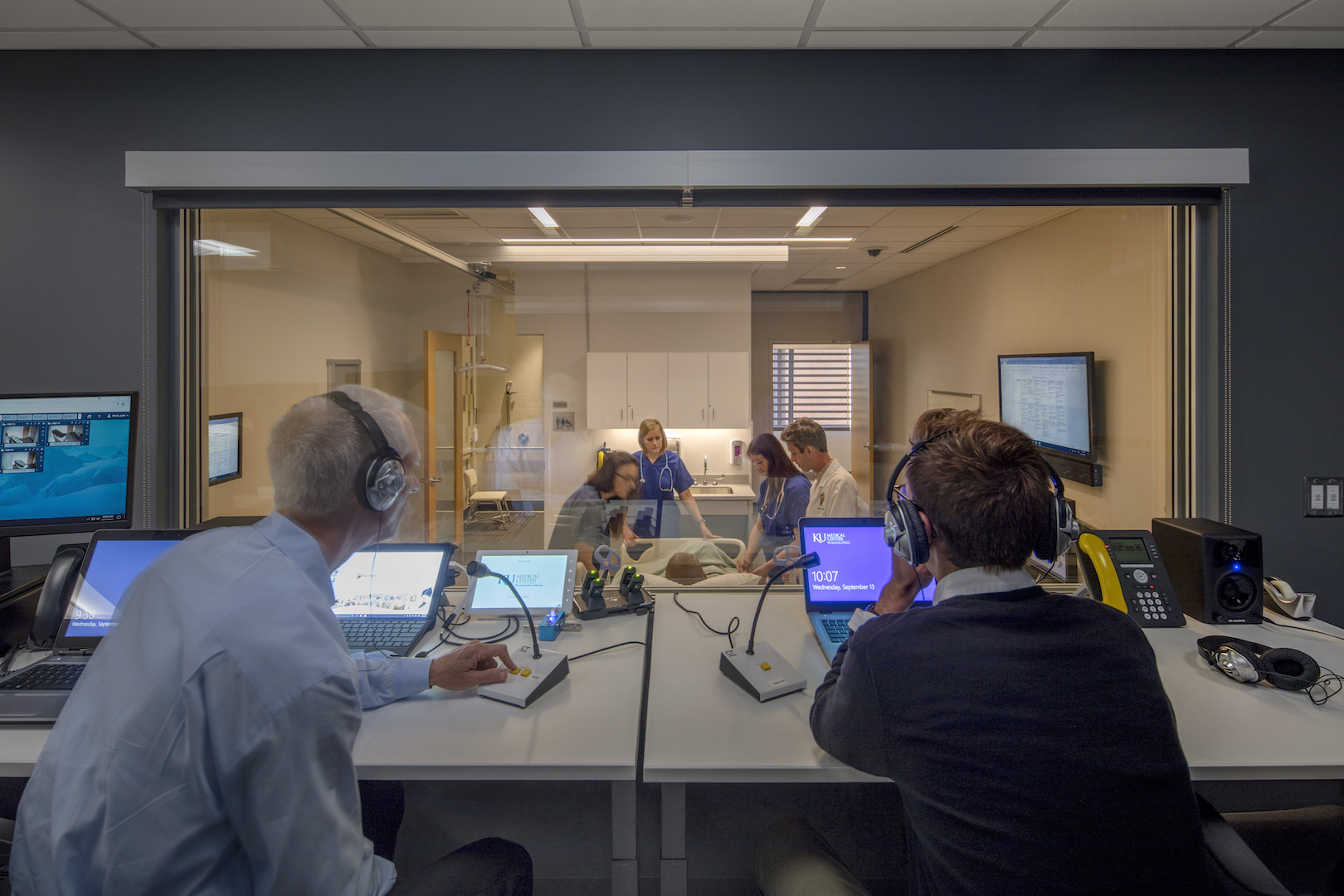IECC 2021 Commissioning & Air Leakage Testing Requirements for KCMO Buildings

Starting July 1, 2023, buildings in Kansas City, Missouri (KCMO) will be subject to the 2021 International Energy Conservation Code (IECC). This code establishes minimum energy efficiency requirements for buildings and mandates commissioning. In previous code adoptions, local jurisdictions struck the commissioning requirements, so this is the first time KCMO will have a commissioning mandate. There will be a 90-day grace period after the code goes into effect, so all KCMO projects permitted after September 1st are required to be compliant.
Commissioning is a vital process that verifies building systems are installed and functioning properly to achieve design objectives and energy efficiency standards. By implementing the IECC 2021 commissioning requirements, buildings in KCMO will be more energy-efficient, high-performing, and provide comfortable, healthy environments for occupants.
IECC 2021 commissioning requirements for Mechanical, Electrical, and Plumbing (MEP) systems:
Mechanical System Commissioning: This process ensures heating, ventilation, and air conditioning (HVAC) systems are designed, installed, and operated in compliance with the energy efficiency and indoor air quality requirements of IECC 2021. Properly commissioned mechanical systems result in improved energy efficiency, reduced maintenance costs, better indoor air quality, and increased occupant comfort.
Electrical System Commissioning: This process verifies that electrical systems, such as lighting and control systems, are correctly designed, installed, and calibrated to meet IECC 2021 energy efficiency requirements. Commissioned electrical systems offer improved energy efficiency and lower maintenance costs.
Plumbing System Commissioning: This process ensures domestic hot water plumbing systems meet the energy efficiency and indoor air quality standards outlined in IECC 2021. Properly commissioned plumbing systems provide benefits such as reduced energy consumption and decreased maintenance costs.
Air leakage testing requirements in IECC 2021:
Building Envelope Air Leakage Testing: This testing verifies that a building’s exterior envelope (walls, windows, doors, and roof) is properly sealed to prevent unwanted air infiltration and exfiltration. Air leakage can lead to increased energy consumption, reduced thermal comfort, and decreased indoor air quality. The most common testing method is the Blower Door Test, which measures the building’s air tightness.
In conclusion, the adoption of the IECC 2021 commissioning requirements and air leakage testing for KCMO buildings will help create energy-efficient, high-performing structures with comfortable, healthy indoor environments for occupants. These processes lead to improved energy efficiency, enhanced indoor air quality, increased occupant comfort, and reduced maintenance costs.
Contact our commissioning team to help implement these changes.





